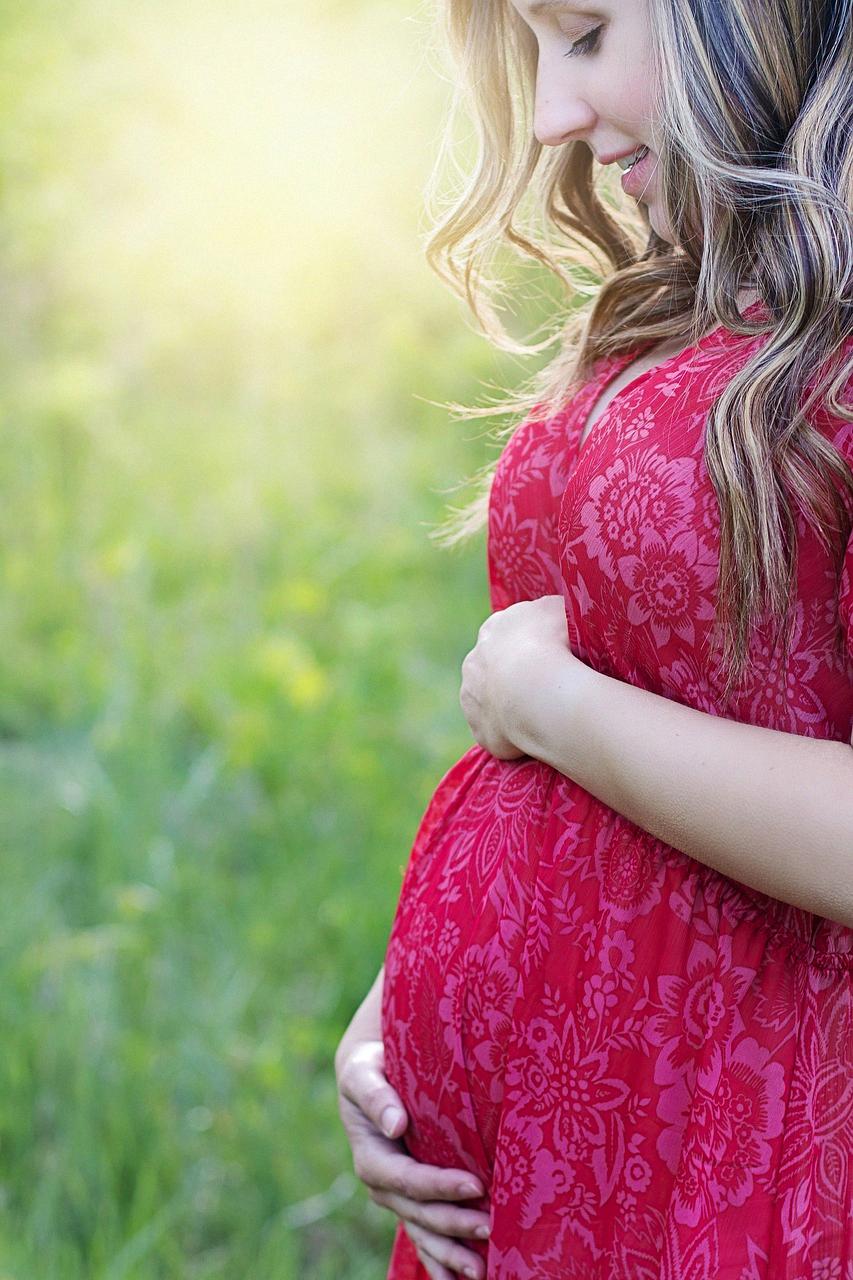Discovering that you are pregnant with multiples can be an exciting and sometimes overwhelming experience for many expectant parents. The signs and symptoms of a multiple pregnancy can vary from woman to woman, and some may not realize they are carrying more than one baby until they receive confirmation from a healthcare provider.
One of the first indications that you might be pregnant with multiples is an unusually high level of pregnancy hormone (hCG) in your blood or urine. This can sometimes result in an earlier or stronger positive result on a home pregnancy test than expected, prompting further investigation by your healthcare provider.
Women who are pregnant with multiples may experience more severe morning sickness than those carrying a single baby. The hormonal changes and increased levels of hCG can intensify nausea and vomiting, potentially leading expectant mothers to suspect they are carrying more than one baby.
Another common sign of a multiple pregnancy is rapid weight gain and a visibly larger abdomen earlier in the pregnancy than with a singleton pregnancy. This could be due to the uterus expanding more quickly to accommodate multiple babies, causing the mother’s belly to protrude sooner than expected.
During the early stages of pregnancy, some women might notice more frequent urination than usual, which can be attributed to the pressure of multiple fetuses on the bladder. This persistent need to urinate could be a subtle indicator of a multiple pregnancy.
Many expectant mothers carrying multiples report feeling more intense fetal movement earlier in their pregnancies. Sensing fluttering or kicking sensations sooner than anticipated could lead women to suspect they are carrying more than one baby.
If you have a family history of multiple births or are receiving fertility treatments that increase the likelihood of conceiving multiples, you may be more attuned to the possibility of carrying more than one baby. Genetic factors and assisted reproductive technologies can play a significant role in the likelihood of a multiple pregnancy.
When visiting your healthcare provider for prenatal care, they may detect multiple heartbeats using a Doppler ultrasound device, indicating the presence of more than one baby. This non-invasive procedure can confirm a multiple pregnancy and provide valuable information about the health of both fetuses.
As your pregnancy progresses, an ultrasound scan can offer definitive confirmation of a multiple pregnancy by visualizing multiple gestational sacs or distinct fetal poles. This imaging technology allows healthcare providers to accurately diagnose the presence of twins, triplets, or higher-order multiples.
Additional blood tests measuring levels of alpha-fetoprotein and other markers may be conducted to assess the risk of certain genetic conditions or birth defects in multiple pregnancies. These screenings are important for monitoring the health and development of each fetus throughout the pregnancy.
Being pregnant with multiples can bring about a range of emotions, from joy and excitement to apprehension and uncertainty. It is essential for expectant parents to communicate openly with their healthcare providers, ask questions, and seek support to ensure a healthy pregnancy and successful delivery of multiple babies.
Ultimately, the process of discovering that you are pregnant with multiples can be a unique and memorable journey for many families. Embracing the challenges and blessings that come with carrying more than one baby can lead to a deeper appreciation for the miracle of life and the strength of the human spirit.

